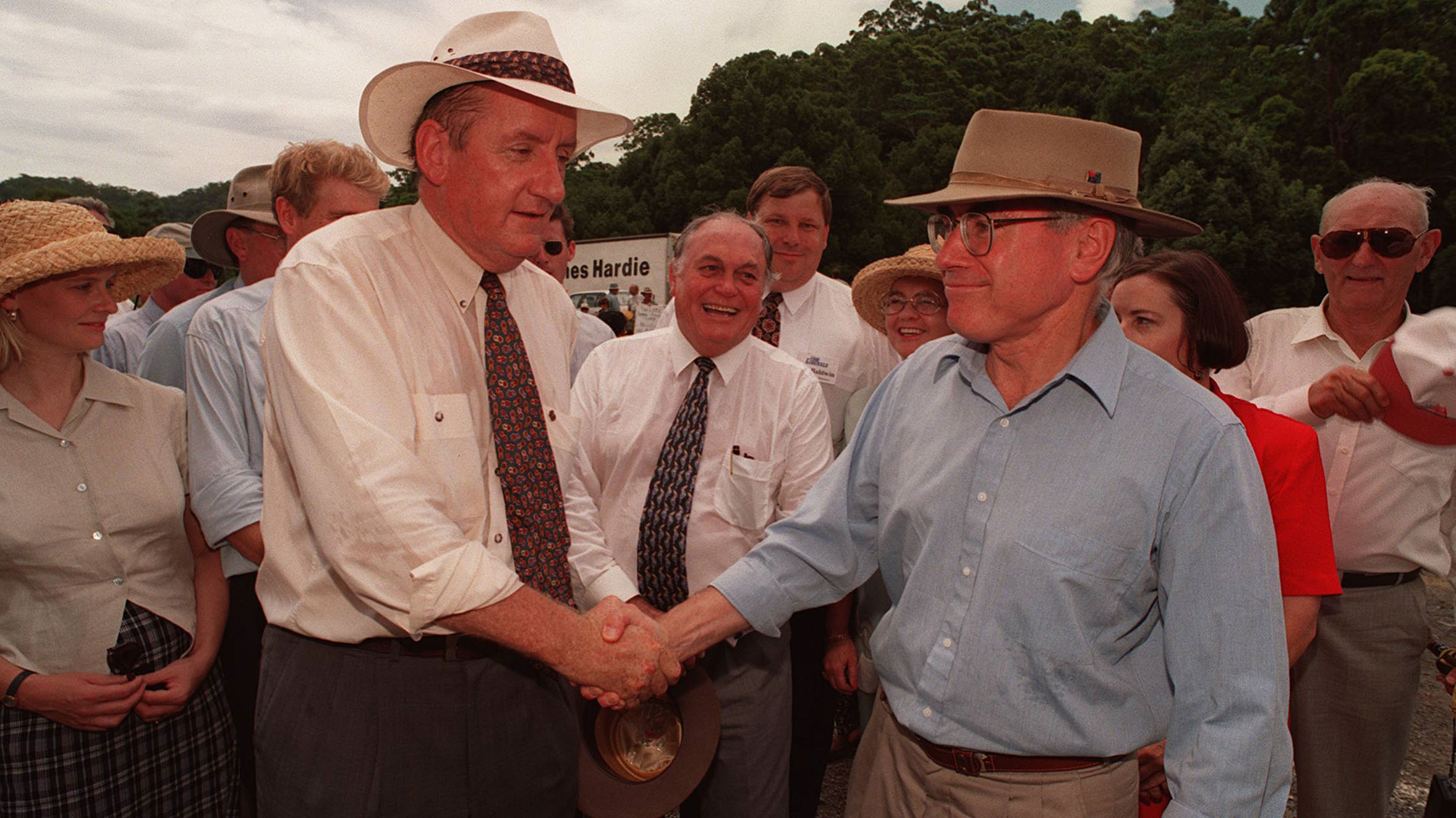OPINION | The Howard government: a retrospective
March 2021 marks the 25th anniversary of the election of the Howard government. The John Howard Prime Ministerial Library will mark the occasion by focusing its annual conference on the theme of the Coalition.

